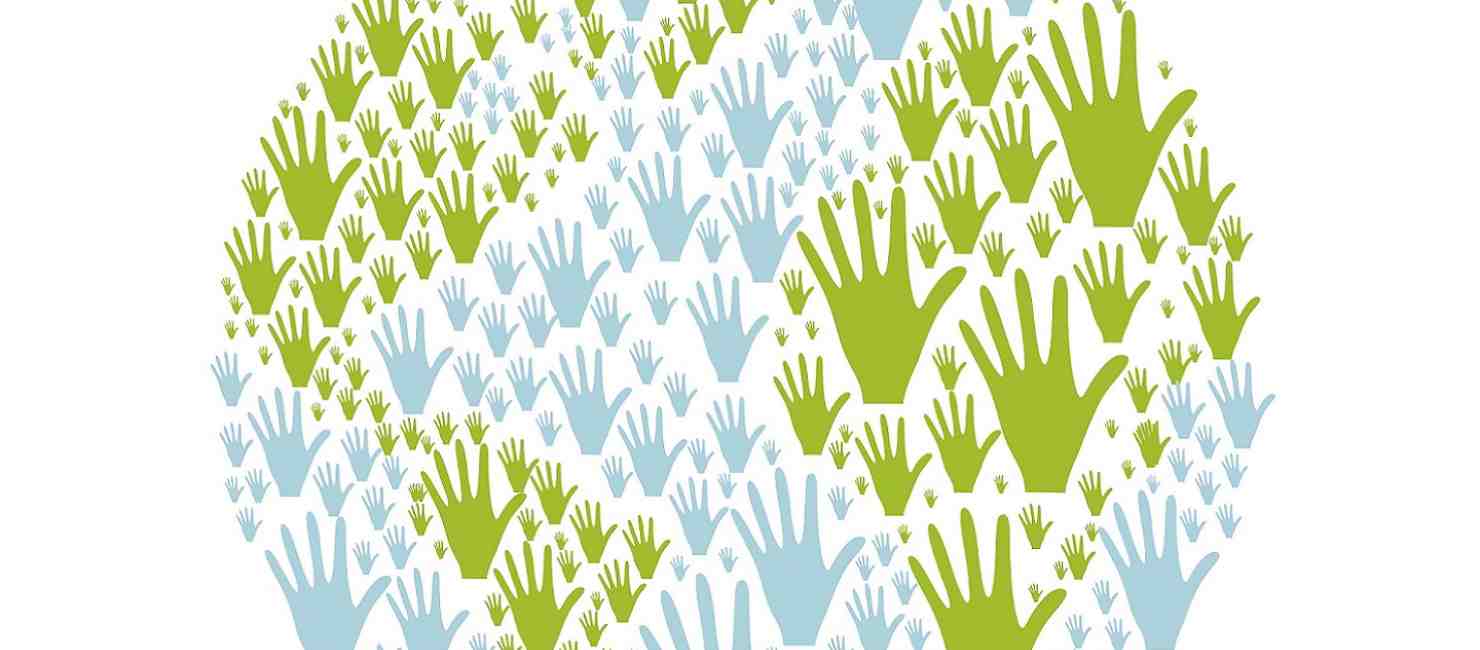Did my daughter experience assault from her boyfriend?
Dear Stop It Now!,
My daughter was dating a boy, both were 13 years-old. He put his arm around her. He had his hand on her bottom under her pants. She moved away and never said stop. Then he did it again, and once she told him not to do it again, he said ok. She is concerned because she did not say no, but did not say yes. Is that assault or just innocent? This was a year and half ago.

Dear Concerned Parent,
It's great that you're asking these questions, and that you have the kind of relationship with your daughter where she feels comfortable sharing concerns like these that come up between her and her boyfriend.
Teaching Youth About Healthy Relationships
This does not sound like assault to me, as after your daughter said no, it sounds like he listened - he did not continue to push her boundaries or force her to do something she was uncomfortable with. Of course, ideally, he would also be able to pick up on the more subtle cues that she is uncomfortable, but learning how each individual expresses discomfort can be a learning process as youth navigate their first relationships. Perhaps this can open up a larger conversation between them about what their faces and body language tend to do when each of them are uneasy about something, so that the other person can learn to stop and check-in with them. And they can also practice saying "no" and hearing that "no" from each other - it's common, as kids are exploring this type of relationship, that each child's pace around what they feel safe doing may be different at different times. Ask your daughter and her boyfriend to reflect on these questions:
- How do you express to your partner that you're uncomfortable verbally?
- Are there non-verbal cues that you want your partner to know about when you're feeling stressed, uneasy, confused, or scared so that they're able to stop and check-in with you?
- What happens when you hear a "no", "stop", or "I'm uncomfortable" from your partner? It can be difficult to hear these things, so how will you process this and give your partner space? Do you have a person you can go to for support?
- How do you set limits when someone you care about is asking you to do something you may not want to do?
- How will you know when your boundaries have been crossed? What kind of red flags can you be on the lookout for, and what kind of feelings might your body have in these situations?
- What happens if someone crosses a boundary with you - your partner or maybe even a friend - what will you do, and who can you turn to for help and support? Do you feel comfortable asking for help? If not, practice doing so in lower-risk situations, so that it feels easier if you need to talk about something big.
Ongoing Talks About Safety
These conversations are important so that your daughter can grow, learn, and advocate for herself, and these can be tied to the overall talks you have about consent, healthy sexuality, relationships, boundaries, and even about your own values about dating right now. We tend to call this Safety Planning, and having ongoing conversations like these doesn't have to be stressful or even formal; it can coincide with rides in the car together or be spurred on by a movie you both are watching. There are so many opportunities in everyday life for getting your daughter's take on what's going on in the world and how she would respond to certain situations to help her think critically as she grows. I've included some information and resources below if you're interested that you may want to look at together with (or pass along to) your daughter.
- Love is Respect's Relationship Spectrum
- Sex, Etc.: An organization by teens for teens that has articles and videos on identity, masturbation, sex, and what’s normal and healthy for their body.
- Scarlateen: A sexuality and relationships education and support organization for youth and young adults.
- Amaze: An educational resource tool for children and teens ages 10-14 about puberty.
Tuning In to Other Warning Signs
It's also possible that your daughter shared this with you because she has additional concerns about something going on in her relationship. It's possible she could be "testing the waters" to see how you're reacting, and by being calm and grounded and talking about safety, you're showing her that she can trust you. You may even want to ask her directly - Is there something more going on that you want to share with me? Is anything happening or that has happened that's making you feel weird, scared or uncomfortable? Sometimes even people we love dearly can violate one of our boundaries or make us feel scared - but if that happens, it's never your fault and you won't get in trouble. My goal is to help keep you safe, and I'm here to listen - always. If you notice any changes in her behavior, like regressive behaviors, unexplained bruises or cuts, or any of these Warning Signs in Children of Possible Sexual Abuse, I would encourage you to schedule a check-up with your daughter's pedaitrician. They can rule out any underlying medical condition, and if needed, get you some referrals for her for a therapist.
Again, it's great that you reached out and are there for your daughter. I hope this information is helpful.
Take care,
Stop It Now!
Feedback:
Please share your feedback on this question
Last edited on: July 27th, 2021

